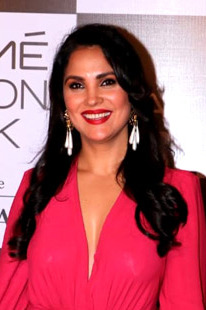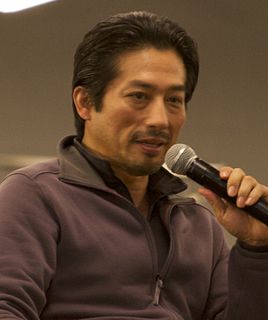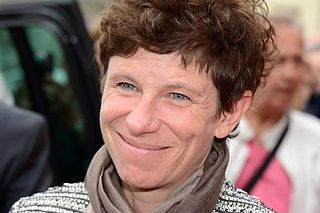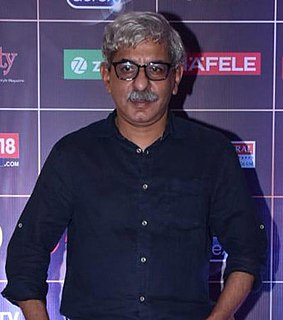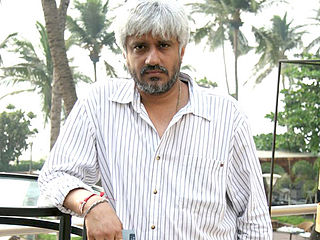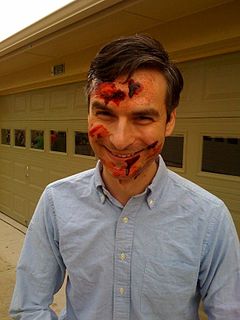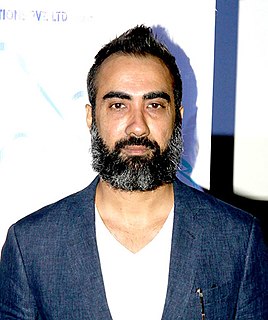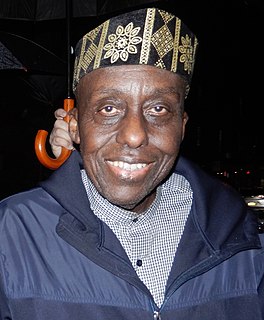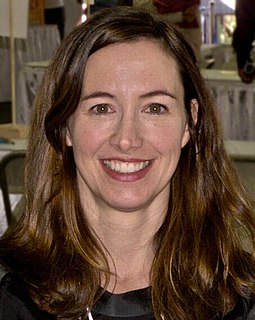A Quote by Lara Dutta
As a producer, I wanted to make medium-budget films, and I did.
Related Quotes
The difference between working on Asian and American films is in the producer and director; everyone has their own style. But, Hollywood has a lot more money; they can spend a lot on films, and time. In Europe, there's a small budget and thinking about commercial. Only budget and taste is different between there and Hollywood.
I did a good bit of episodic television directing, but directing a movie is so much more complicated. And there's so much more responsibility because the medium is very much a director's medium. Television is much more of a producer's writer's medium so a lot of the time when you're directing a television show they have a color palette on set or a visual style and dynamic that's already been predetermined and you just kind of have to follow the rules.
